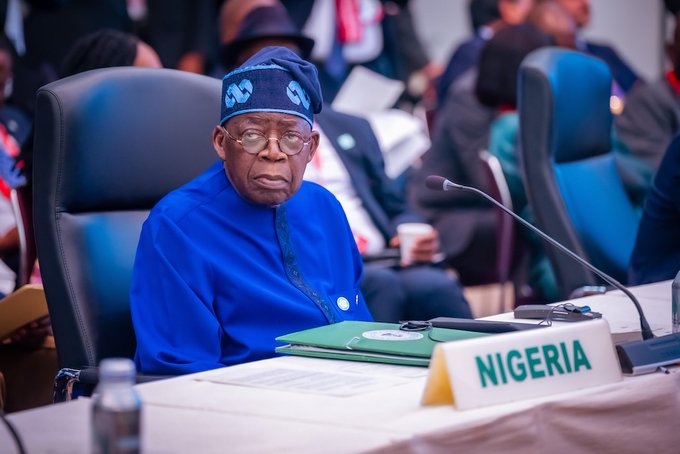The Manufacturers Association of Nigeria (MAN) has said that although President Bola Tinubu’s economic reforms have ushered in tough times for citizens and businesses, they remain necessary to reposition the country’s economy.
Chairman of MAN in Cross River and Akwa Ibom States, Dr Adoga Inalegwu, made this known at the weekend during a familiarisation visit to member companies in Calabar.
According to him, Tinubu has taken bold steps that many past administrations had shied away from, especially in tax and foreign exchange reforms.
“I think President Bola Tinubu’s policies are necessary and tough decisions that Nigeria needs presently. This is because if we keep deceiving ourselves that everything is the way it should be, if we keep palliating ourselves, we will never solve our problems,” Inalegwu said.
He explained that one of the benefits of the ongoing tax reforms is the reduction of multiple tax burdens on manufacturers.
“People complain about tax reform, but one of the fundamental advantages for manufacturers is shrinking the basket of multiple tax issues we are faced with. That for me is important. He has also tried to improve the disposable income of the population.”
On the exchange rate, Inalegwu noted that while MAN was dissatisfied with the current rate of over ₦1,500 to a dollar, members welcomed the stability of the market.
“We are not satisfied with the exchange rate, but we are happy with the stability. We are also happy that it is not just stable, the dollar is also available. In 2023, I am the one that knows how much I suffered in sourcing Forex. I suffered big time,” he said.
Despite the progress, he admitted that many manufacturers still import raw materials at double previous costs due to high foreign exchange challenges. Nonetheless, he maintained that “things are looking up even though it is not a completely perfect story.”
The MAN boss said Nigerian manufacturers had learnt to adapt to the difficult times, noting that resilience and innovation were critical to survival.
“This doesn’t mean that there are no member companies bearing the brunt of the times. When times are difficult, you have to evolve strategies to survive and thrive.”
Inalegwu, however, expressed dissatisfaction with the recent 2.5 per cent increase in Value Added Tax (VAT), stressing that it had significantly impacted the revenues of firms.
“The magnitude of the increase to many firms that spend billions is significant enough. One way or the other, it will impact revenues. I’m not happy with that,” he added.



